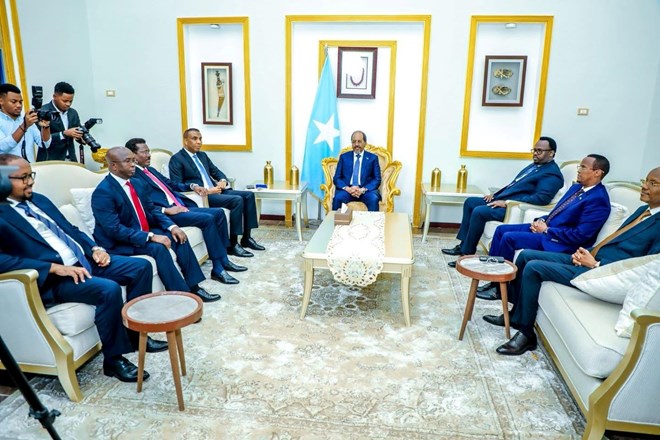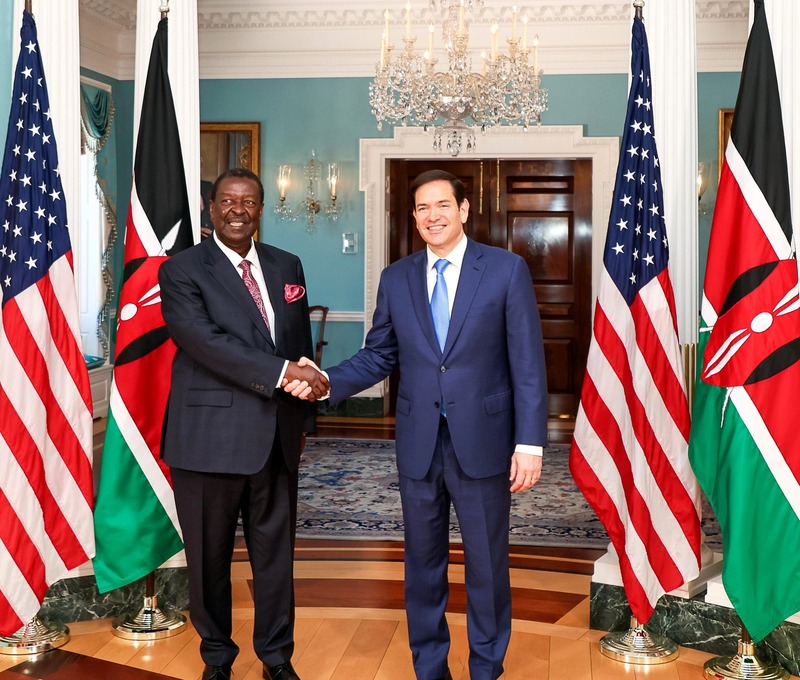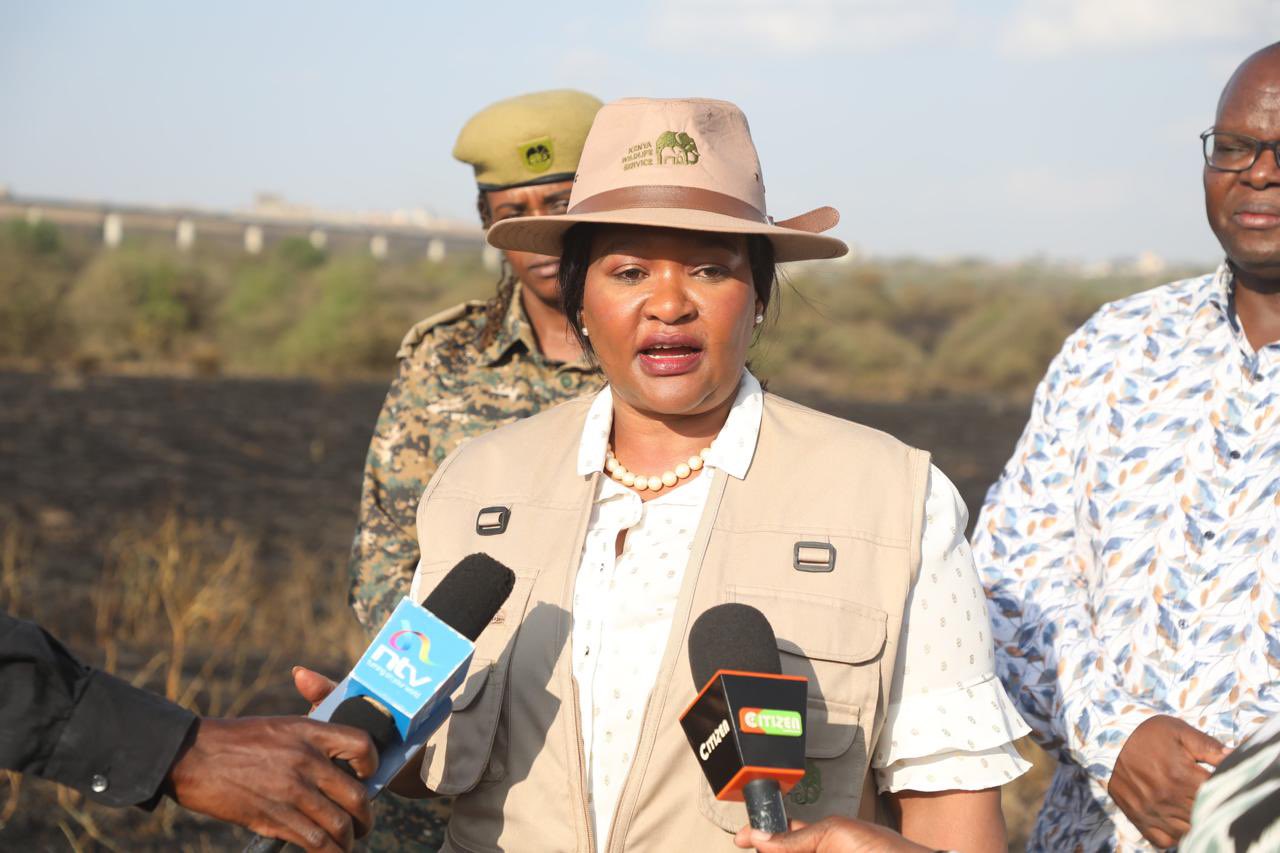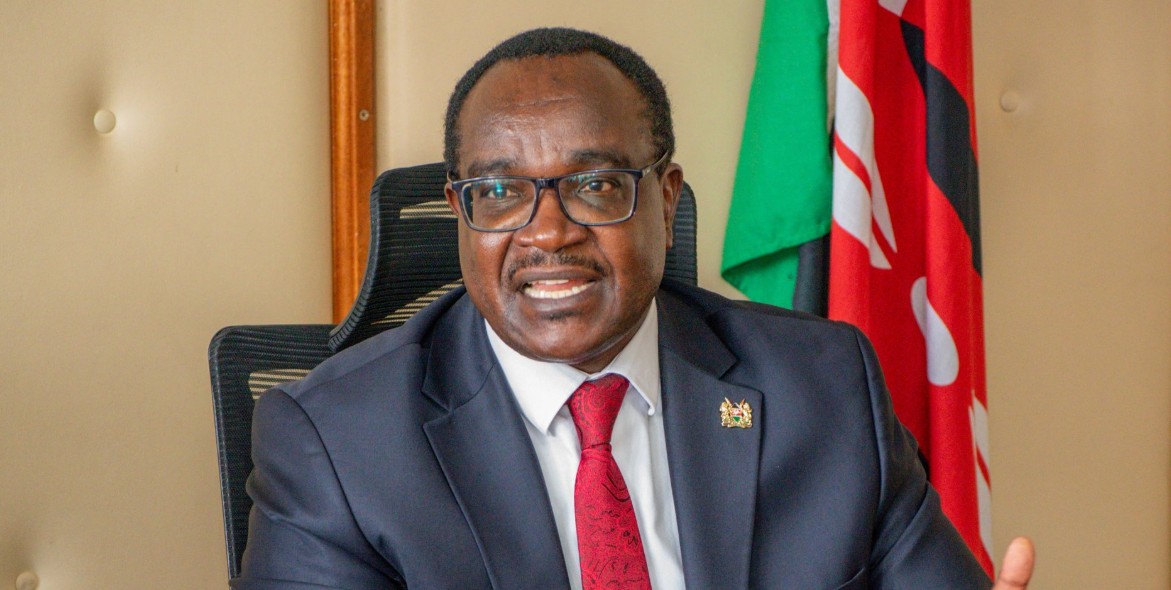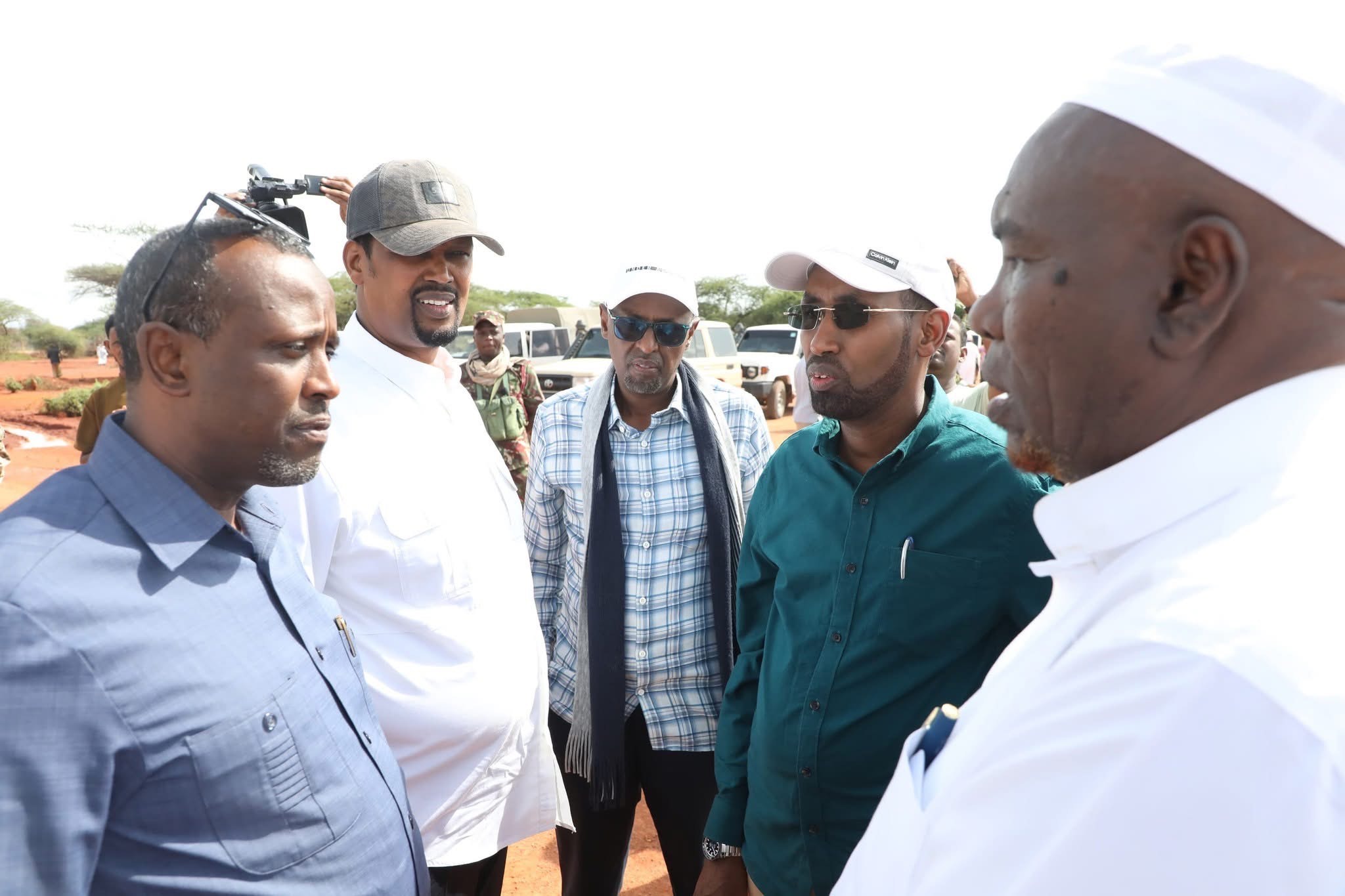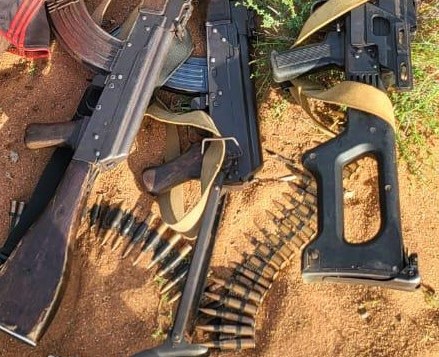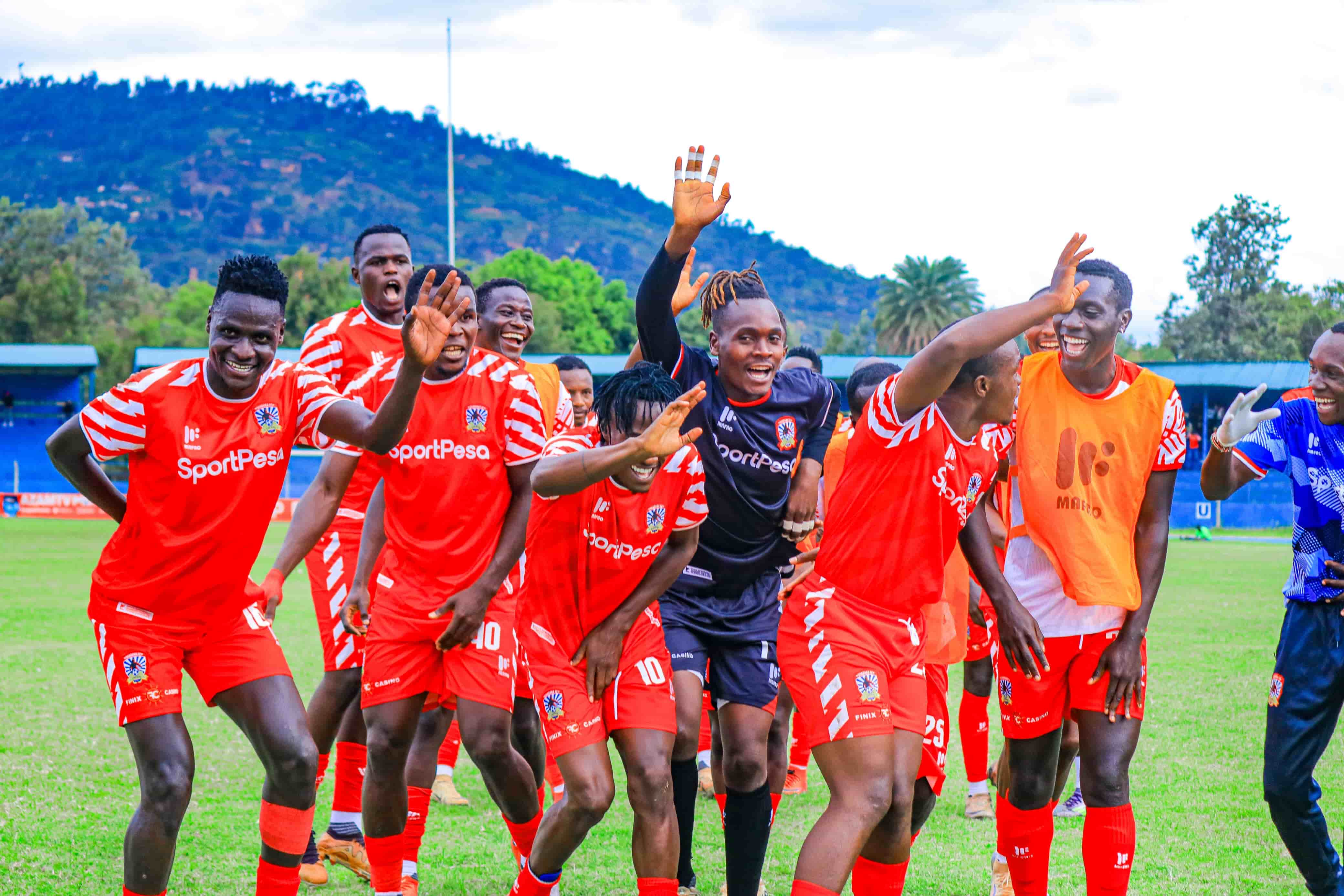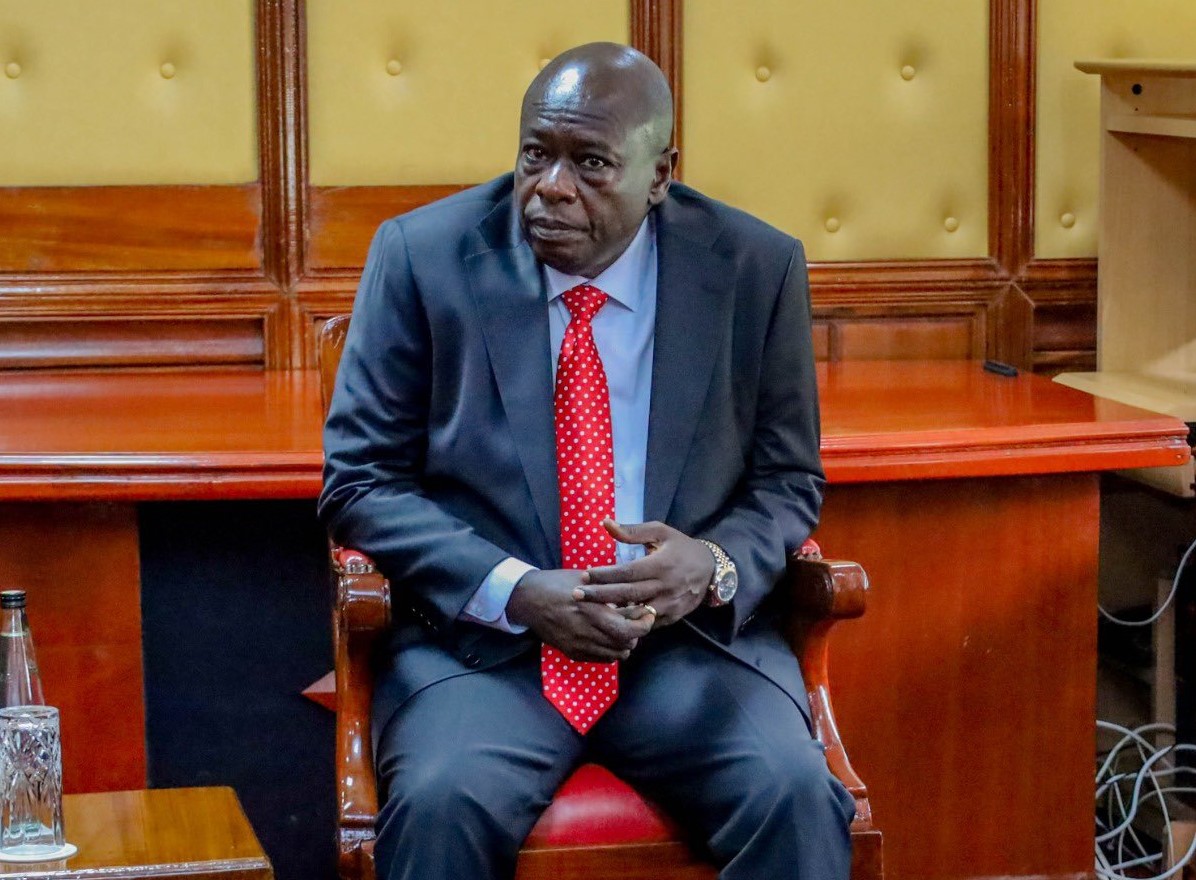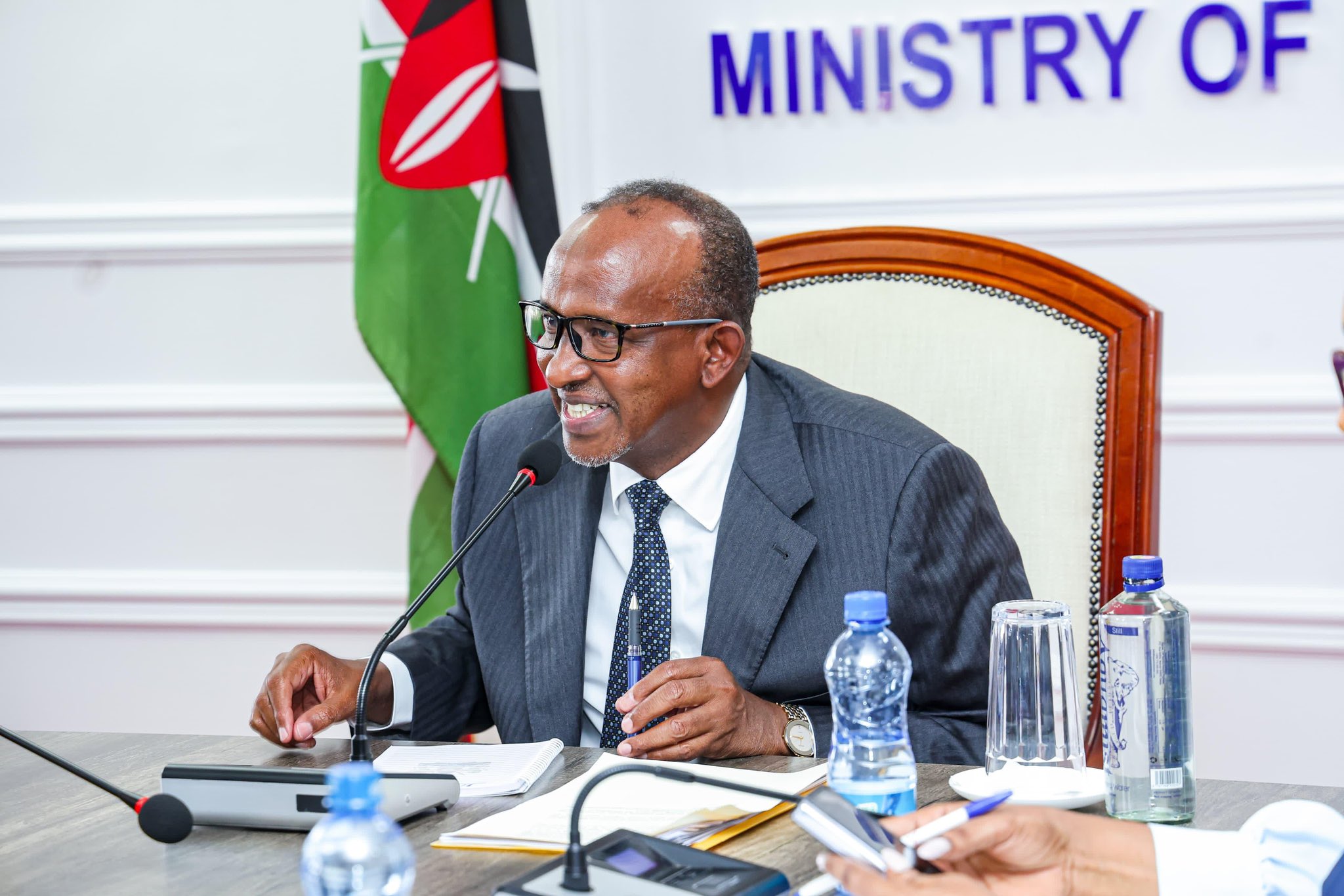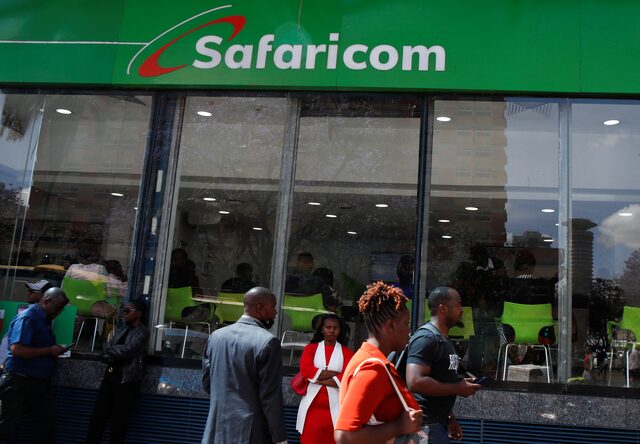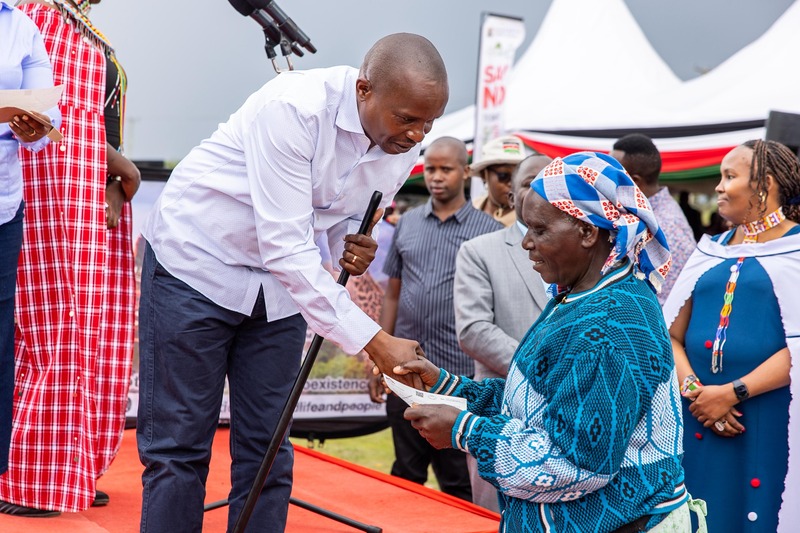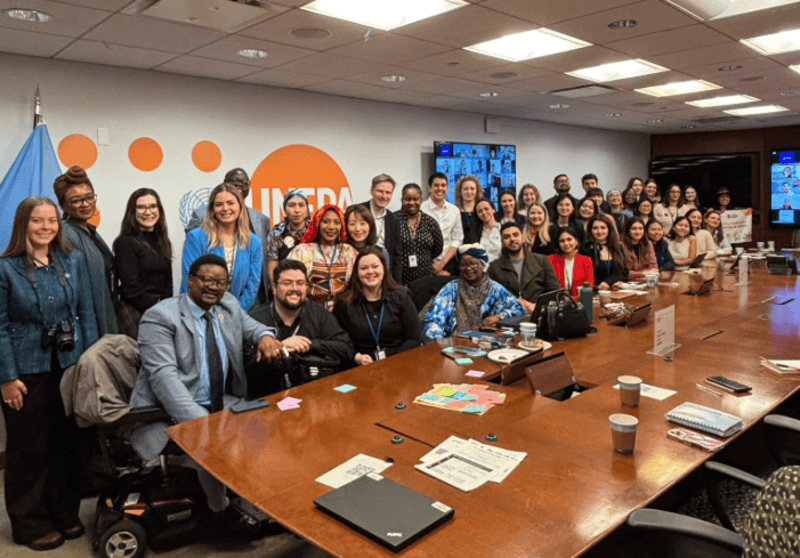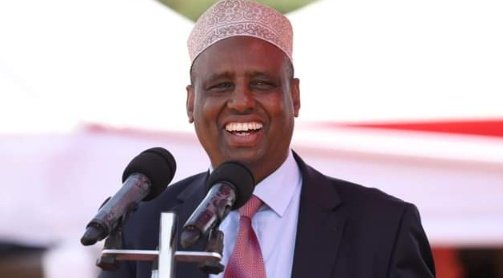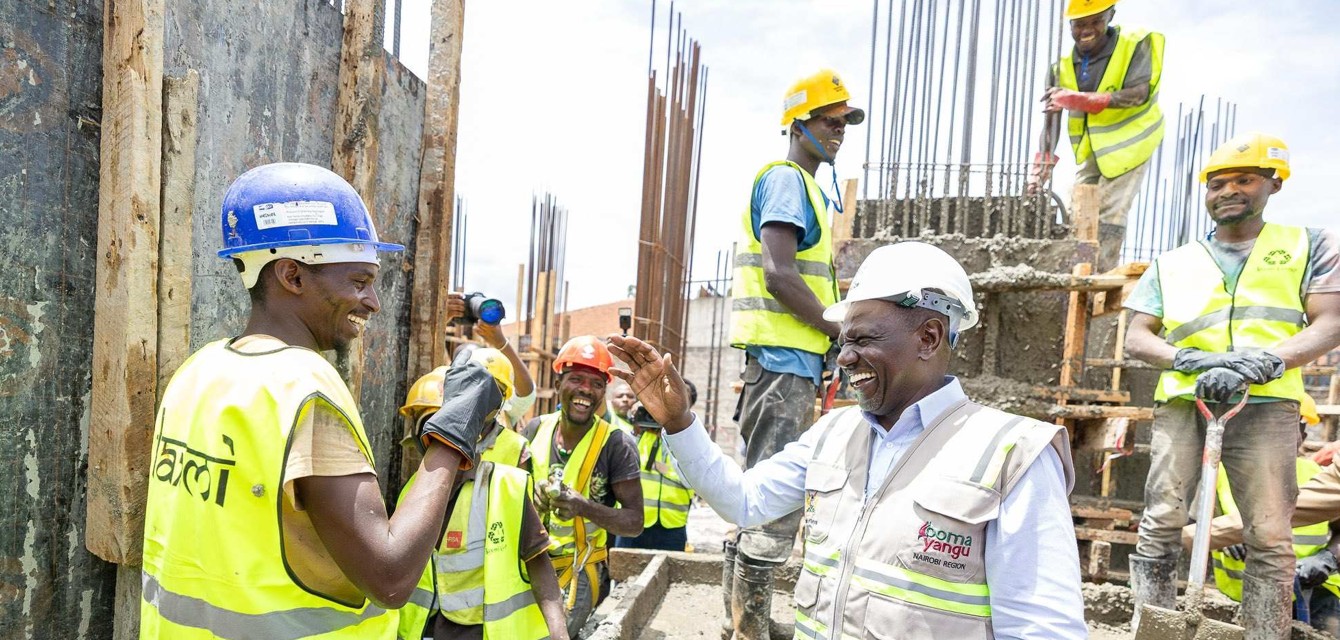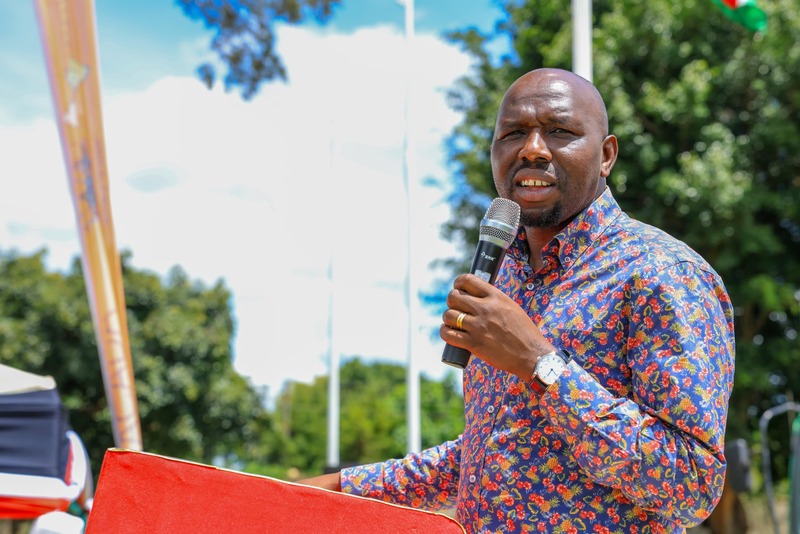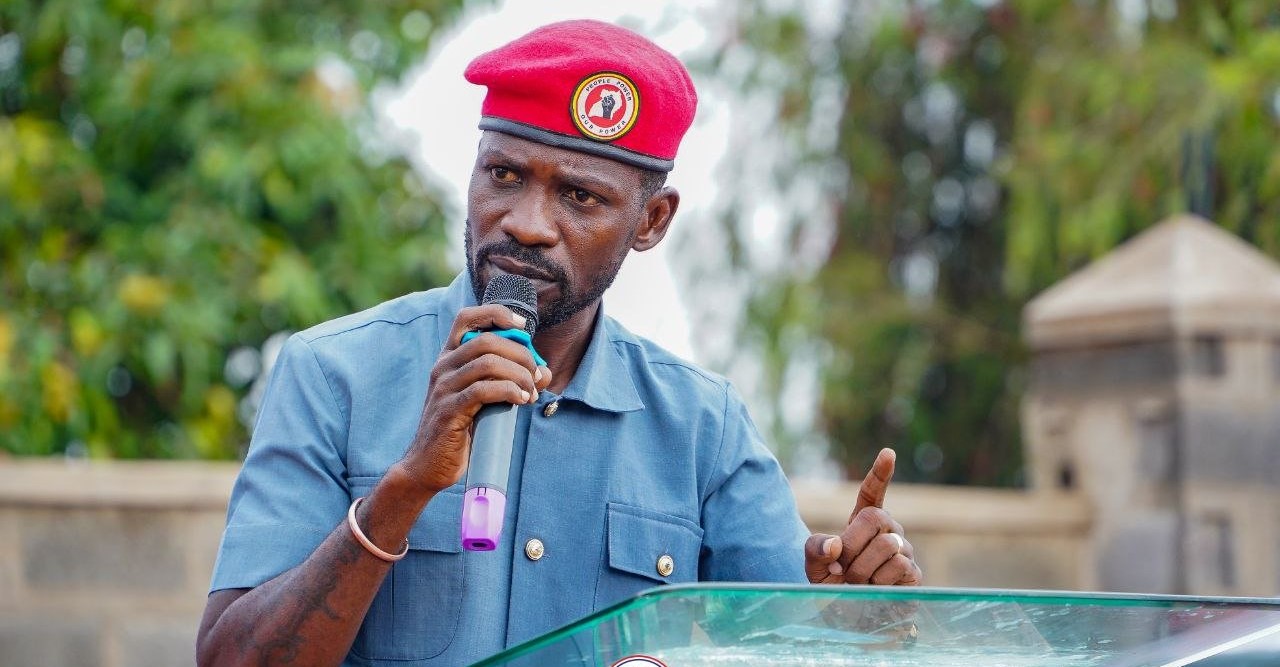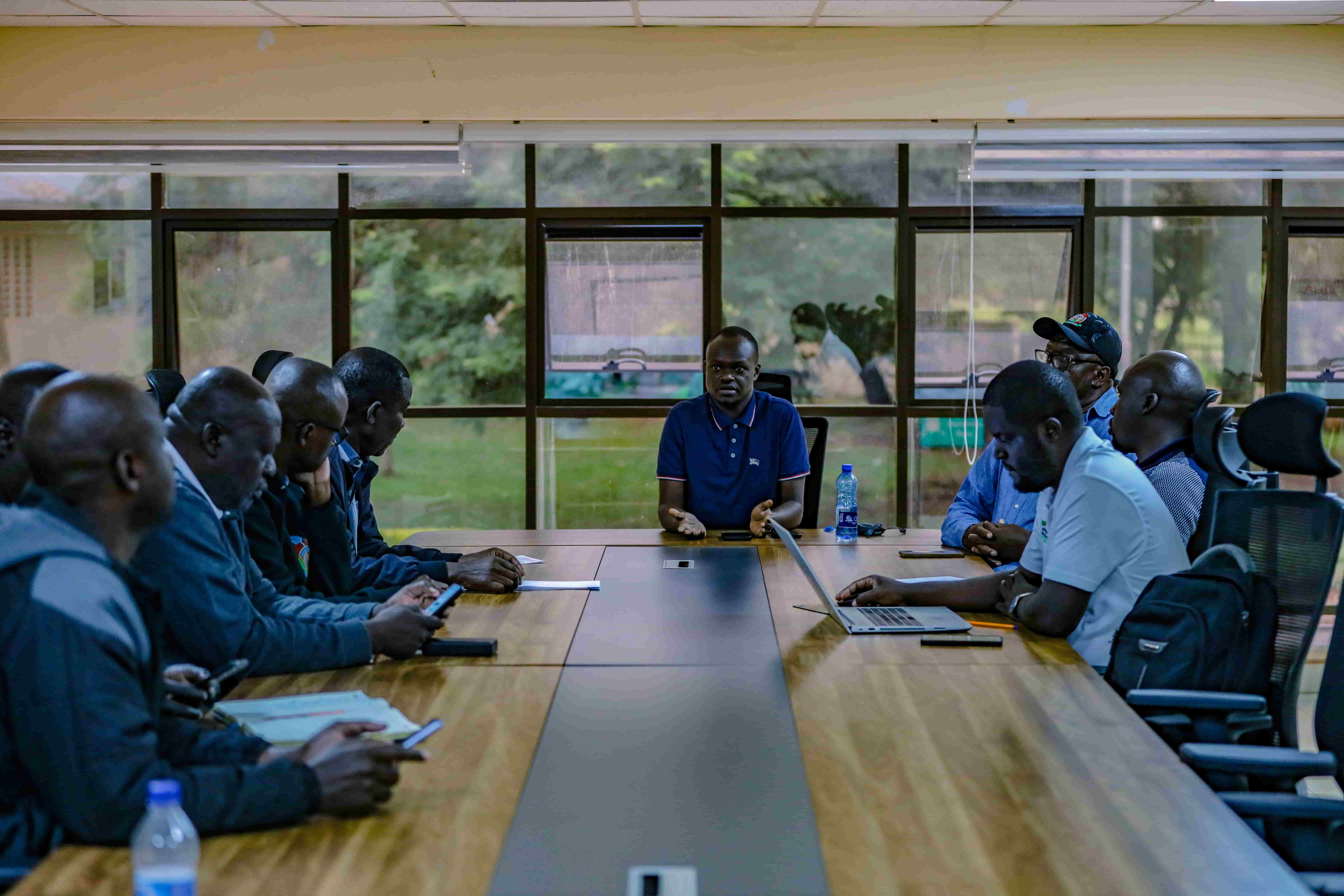Kagwe: Farmers have the final say on livestock vaccination
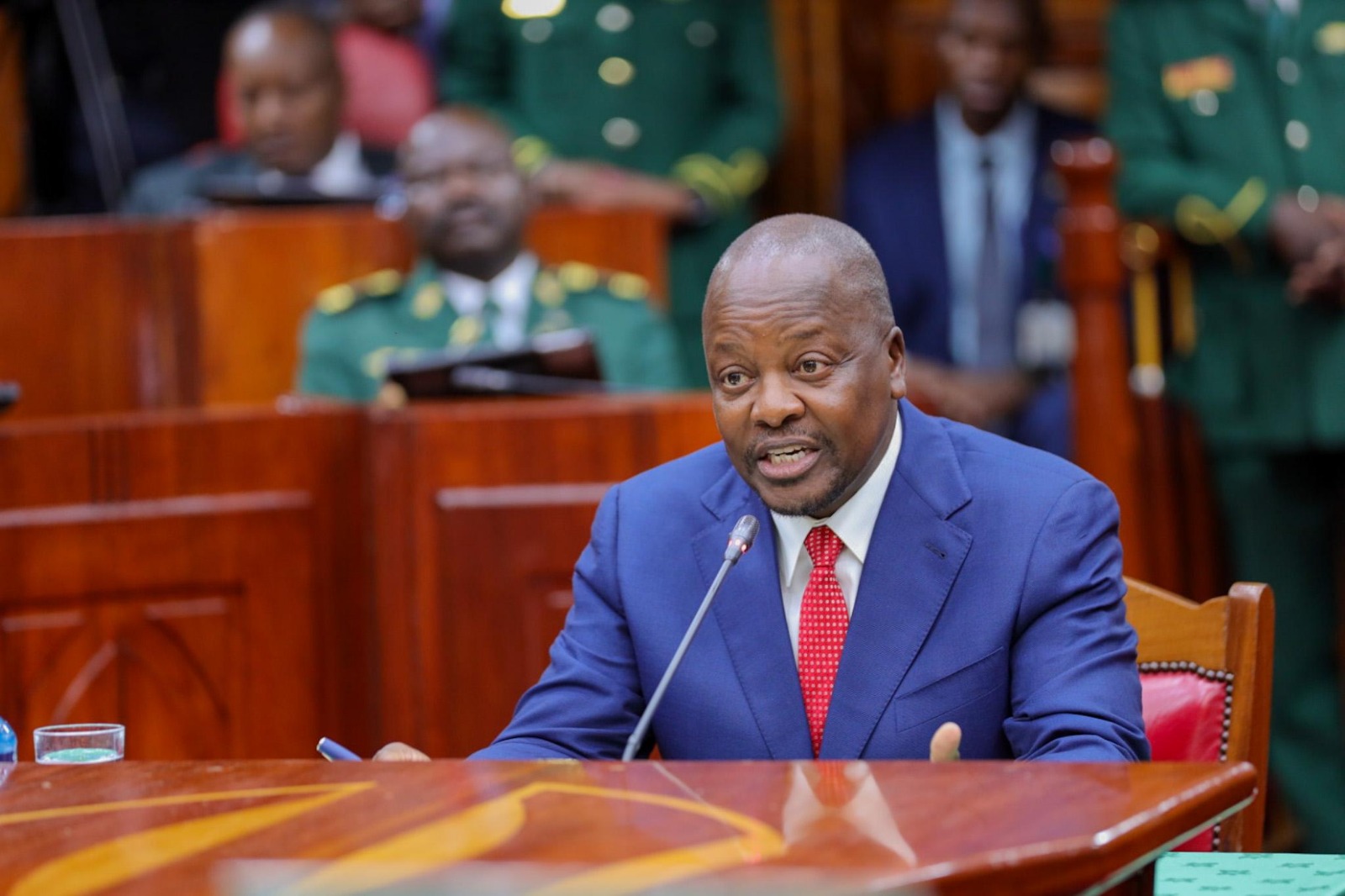
He highlighted the importance of farmers' freedom to make their own choices regarding vaccination, saying, "The cow belongs to an individual, not the government."
Mutahi Kagwe, the Agriculture Cabinet Secretary nominee, has addressed concerns over the government's livestock vaccination programme.
Insisting that while the government encourages vaccination, the decision ultimately rests with individual farmers.
More To Read
- Government leases four state-owned sugar mills to private firms for 30 years
- Improved water and farming support from Red Cross brings joy to Kilifi residents
- Kenyan farmers to benefit from Sh35.5 million project to reduce pesticide use and boost exports
- Agriculture CS Kagwe calls for 10-year jail time for sellers of fake fertiliser and seeds
- Government reviews sugarcane prices upwards after uproar from farmers
- Step in and save struggling wheat farmers, ODM leaders tell gov't
"The cow belongs to an individual. The matter is simple. If you have a goat, do you want it to be vaccinated? If you say yes, we vaccinate. If you say no, we don't," Kagwe said during his vetting session on Tuesday.
The former Health CS also responded to questions about the vaccination efforts targeting Foot-and-Mouth Disease (FMD) in cattle and Peste des Petits Ruminants (PPR) in goats and sheep.
These diseases have long affected livestock productivity, jeopardising farmers' livelihoods. Kagwe clarified that the government's role is not to impose mandatory vaccination but rather to inform and provide the necessary support for farmers to make informed decisions.
"The vaccination is for the Foot-and-Mouth disease in cattle and Peste des Petits Ruminants in goats and sheep—diseases that have long devastated livestock productivity and the livelihoods of our farmers," Kagwe explained.
He further explained that the vaccination initiative is voluntary. The government is only vaccinating about 10 per cent of the livestock population, though the aim is to vaccinate a larger percentage in the future.
He highlighted the importance of farmers' freedom to make their own choices regarding vaccination, saying, "The cow belongs to an individual, not the government."
Kagwe also stressed that the vaccine is produced by local experts, Kepa FAPI, and is designed to combat the two diseases.
While acknowledging the role of social media in spreading both accurate information and misinformation, he noted the importance of involving stakeholders in the agricultural industry, including lawmakers, to ensure the correct information reaches farmers.
Last year, President William Ruto affirmed that the planned mass vaccination of livestock will continue in early 2025 despite opposition from a section of politicians and veterinarians.
Ruto said he is determined to ensure that the livestock are vaccinated to eliminate diseases and boost the quality of milk and meat in the global market.
"If we don't vaccinate our livestock, how will we deal with diseases like foot and mouth?" Ruto posed.
"We have negotiated the market for our livestock products but we must first contain the disease.''
The Head of State asked leaders to stop politicising the vaccination campaign, saying it is fortunate that politicians were playing with the livelihood of Kenyans and the country's economy.
"Let us not politicise the things that matter for our people, let's unite and work together for the food of Kenyans,'' Ruto told his critics.
The Kenya Kwanza government has come under heavy criticism from a section of politicians who have questioned the motive behind the vaccination campaign.
The Kenya Veterinary Association has also claimed that it was not involved in the process of planning and production of the vaccines to be used, calling on the government to come out clean on the project.
Top Stories Today

